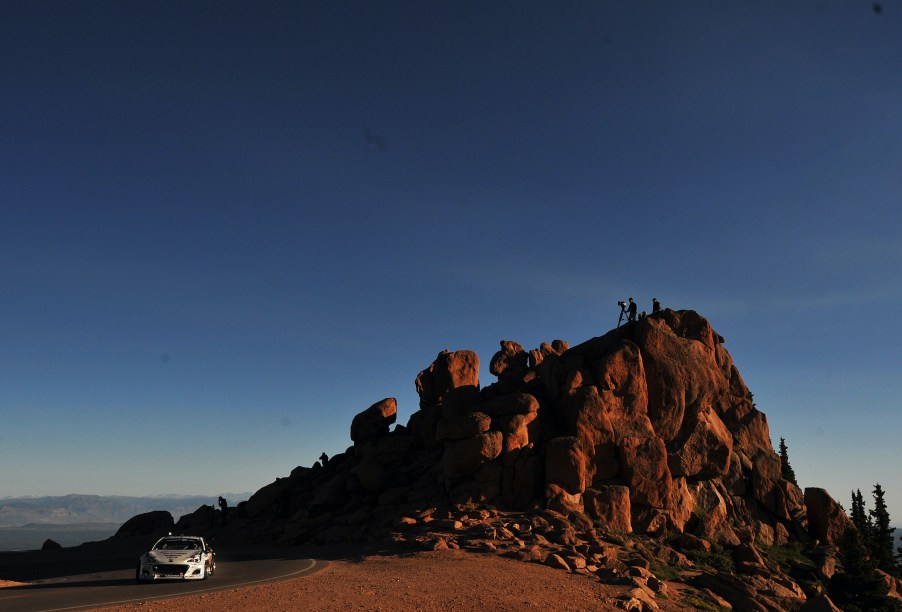
Does High Altitude Affect Your Vehicle’s Performance?
Have you ever tried to exercise at a high elevation and noticed that you had a much harder time breathing than when you’re closer to sea level? That’s because the air is thinner at a higher elevation, which makes it much harder to breathe. But does the same rule apply to cars? Can high altitude affect your car’s performance?
Your car’s engine is like an air pump
If you can picture it, your car’s engine is basically a glorified air pump in that it draws in the ambient outside air via the intake system, combines it with fuel, combusts the air/fuel mixture inside the engine, and then pumps it out via the exhaust system. Of course, that’s the most simplified definition of how an engine works, but the point is that if you drive a car at high altitude, the air will be thinner and your car will lose power since the air is less dense.

How much horsepower do you lose at high elevation?
Since thinner air can lead to sluggish engine performance, you might be wondering just how much horsepower an engine can stand to lose as you drive up a mountain. Generally speaking, you can expect a car to lose around three horsepower for every 1,000 feet you climb. That means that your car could lose around 20 percent of its horsepower if you were to drive from sea level and up a mountain like Big Bear, which has an elevation of 6,750 feet.
However, considering there is a number of different engine sizes and configurations, it’s possible that some engines may lose more power than others. Also, if you happen to have an older, carbureted car, then it could have a harder time compensating for the thinner air due to the mechanical setup as opposed to the more sophisticated electronic fuel injection system found in newer cars.
Do turbocharged engines lose power at high elevation?
While naturally aspirated cars do lose power as the elevation increases, the same cannot be said for turbocharged cars. According to Garrett, using a turbocharger is an efficient way of minimizing your car’s power loss at a high elevation because turbochargers compress more air into the engine’s cylinders, which in turn makes up for the lower air density.
The Pike’s Peak Hill Climb, which is an annual race in which the cars start 9,000 feet of elevation and climb their way up the 12.42-mile course up to 14,115 feet, is a great example. As you can imagine, most, if not all of the cars use turbochargers to provide ample power from start to finish as they are all tuned to create the same type of power as the elevation increases.

We actually experienced this first hand when driving the 2020 Honda Civic Type R up Pike’s Peak on a leisurely weekend. As we snaked our way up the hill, we didn’t notice any power drop at all when hammering on the throttle in the straightaways. It was an amazing phenomenon to experience, as driving a 300 horsepower all way up to the top was just as easy as driving to the grocery store down the street.



